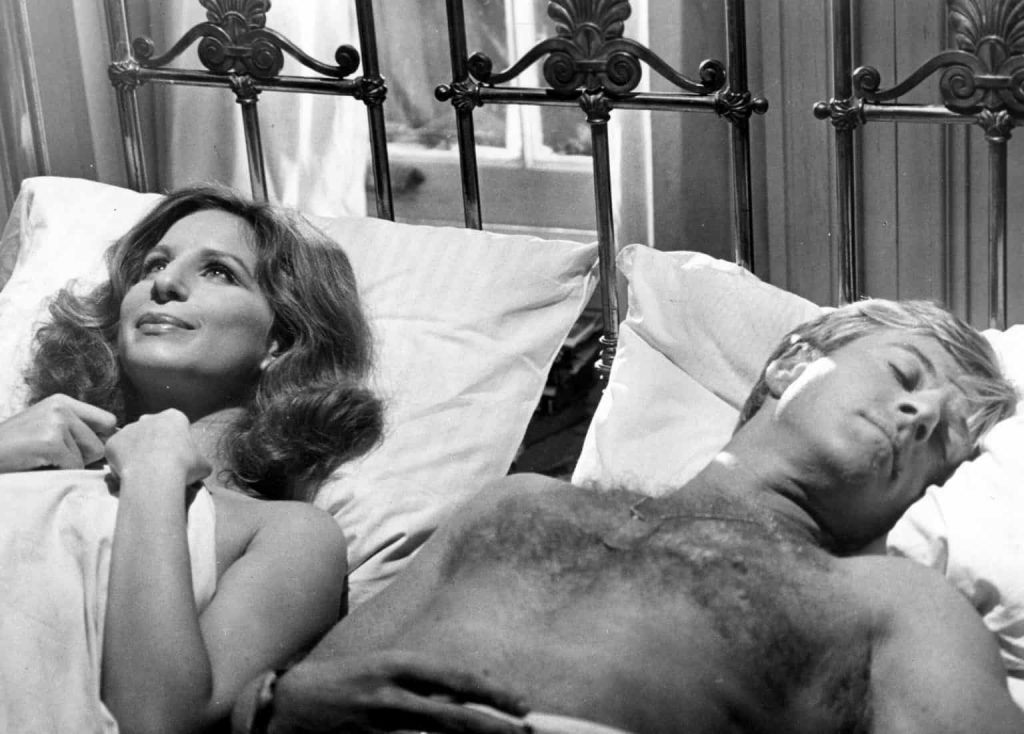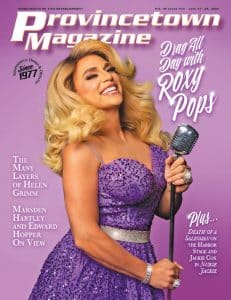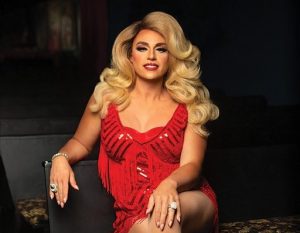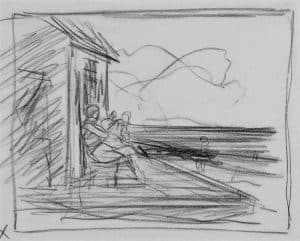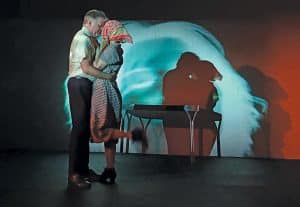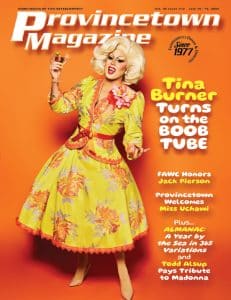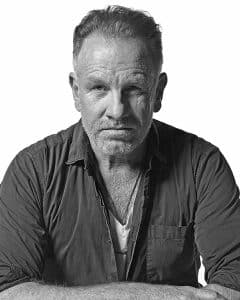The Way We Were (1973) Directed by Sydney Pollack Courtesy of Columbia Pictures/Photofest
by G.W. Mercure
In his new book, The Way They Were: How Epic Battles and Bruised Egos Brought a Classic Hollywood Love Story to the Screen, Robert Hofler reveals the fascinating behind-the-scenes journey of the iconic 1973 film, The Way We Were, starring Robert Redford and Barbra Streisand.
Hofler has been the lead theatre critic for TheWrap since 2013, after editor stints at Life, Variety, Us, and others. He is the author of The Man Who Invented Rock Hudson; Party Animals; The Movie That Changed My Life; Money, Murder, and Dominick Dunne, and other probing explorations of old and new Hollywood.
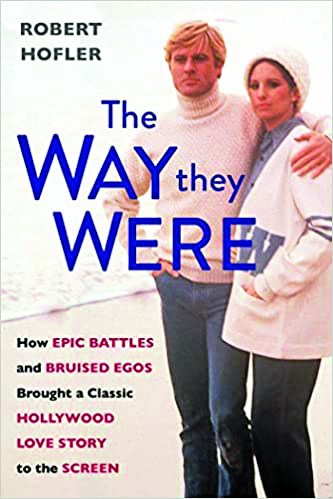
The Way They Were is a captivating exploration of Hollywood as it awakens with its golden age past, the political climate tense as a bow, and a nation’s lonely eyes turned toward it. In that wake, Arthur Laurents’ screenplay, and the unlikely machinations that methodically breathed life into it, created a film that feels simultaneously like the very last of something and the very first of something else. Which isn’t an inaccurate way to describe any love story.
“I saw it on Christmas Eve in New York City, in 1973,” says Hofler, who will be reading from his book at an event this week at East End Books Ptown. “It was the first time I was away from home for the holidays, going to New York University, and I had always been interested in the Joe McCarthy era because my parents were politically ultra-conservative.”
Hofler’s curiosity about the historical context of the film was further piqued during an interview with the film’s director, Sydney Pollack who disclosed that about an hour of the film had been edited out – all material dealing with Hollywood’s post-McCarthy blacklist. Pollack had capitulated. He said he didn’t feel the blacklist material worked. When Hofler connected with screenwriter Arthur Laurents and learned that indeed the legend that Laurents’ romance with partner Tom Hatcher had been a catalyst for the story, a book became inevitable.
“I find it extremely interesting how gay writers used to translate their stories into heterosexual stories,” says Hofler. “If Laurents were writing today for Hollywood, he may have turned it into a gay-themed story. Who knows? Of course, as a gay-themed story, it would be an even more fraught story because you would have not only the blacklist and people being persecuted for their political beliefs but you would have two men having to hide their relationship in the closeted Hollywood that was 1947.”
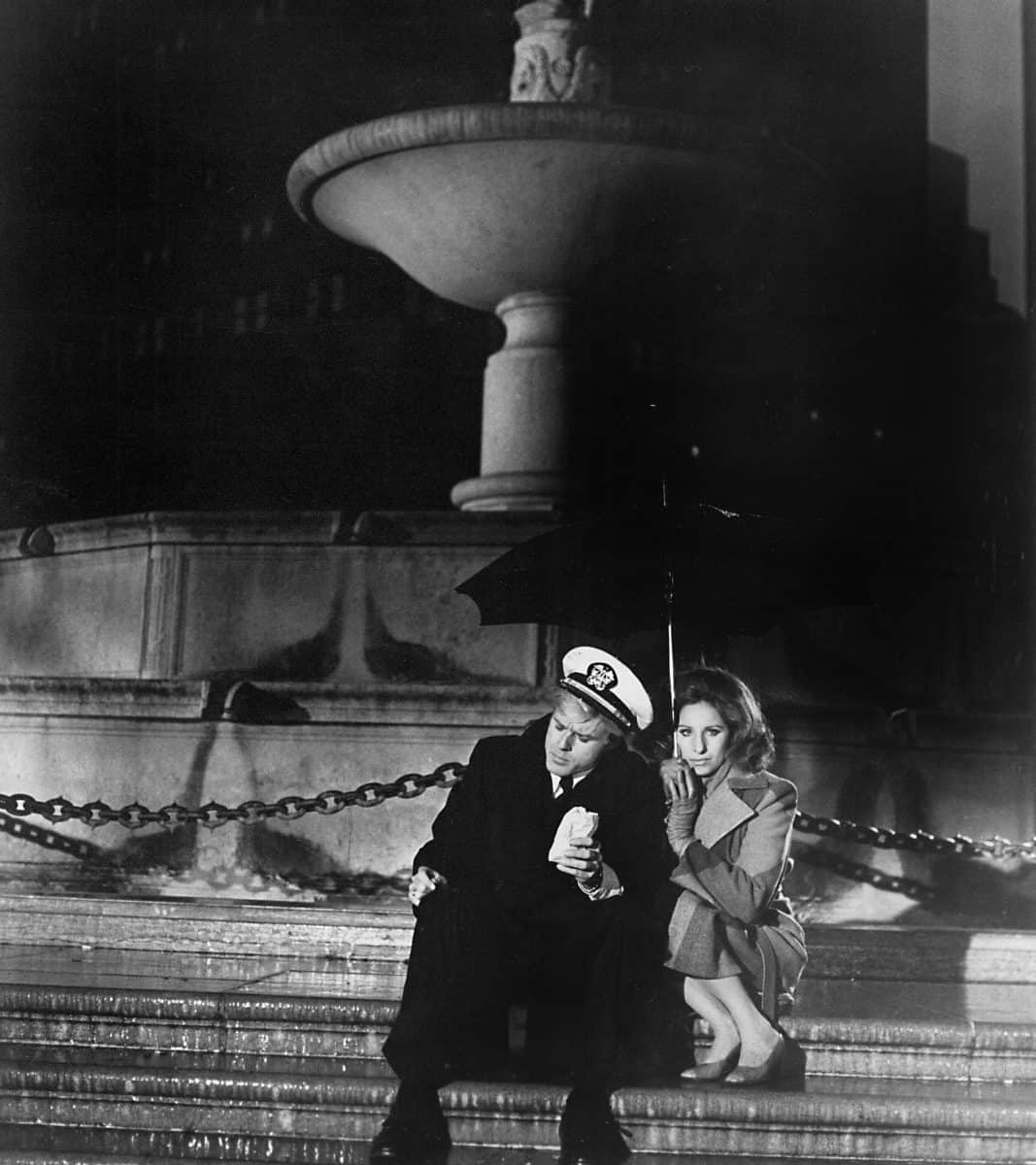
A story about a politically active leftist falling in love with an entitled, disinterested, even right-leaning career man must feel either quaintly pollyannish or dramatically unlikely in the widening chasm of politics in 2023. But that is a key, according to Hofler.
“I did want to show how the Republican Party has a history of going completely off the tracks,” he says. “The Way We Were is the first film to deal with the Hollywood blacklist, which was not that far into the past in 1973. [Ronald] Reagan, who supported the blacklist, was governor of California. [Richard] Nixon, who was on the House Unamerican Activities Committee [HUAC] in 1947, was President.” The film was controversial when it was released, but it remained at heart a love story.
“The editor John Burnett told me that the cut Hollywood material was good. however, they realized that the film was shifting to a movie about the blacklist and not a romance between [Streisand’s] Katie and [Redford’s] Hubbell…All that mattered is that Katie have a cause: Franco in the 1930s; HUAC in the 1940s; the bomb in the 1950s.”
The book is not short on insider anecdotes. Redford rejected the role repeatedly, determined not to play the character the way he was written, and early script revisions were focused almost entirely on making the project palatable to the actor. The script continued to be problematic and reworked even through the weekend before filming began. Of course, the stars were problematic as well, from refusing period-specific alterations in hair and makeup to the notorious enmity between them. “She talks everything to death,” Redford said about Streisand.
The book is not a tell-all, though it doesn’t hold anything back. It is at its essence a study in prosody—how the circumstances of its making mirrored its narrative; how it found the parallels between 1947 and 1973. And it does that very simply: by telling the writer’s story, which does not emotionally redact among different decades. At the time, that had to be done covertly.
“Laurents had earlier identified his lead female character in The Time of the Cuckoo as being based on himself,” says Hofler. Laurents stopped being overt about that after an essay in the New York Times explored “Homosexual Drama and Its Disguises,” in which playwrights William Inge, Edward Albee, and Tennessee Williams were all but outed. “That’s something he stopped talking about. So there was a lot of fear in the gay playwright community. I think that all the writers mentioned here, including Laurents, were talented enough to take aspects of themselves and put that into their characters to make them convincing, whether those characters were male or female, to an audience. Basically, that’s what all writers do.”
“I love looking at what is cut out of a film, and if the film would be better by adding scenes back,” says Hofler. There is no indication that such a thing will ever become more than a thought experiment, or that it will, god forbid, be included in a hypothetical remake. Hofler has, at the very least, unearthed the love story’s political heart, which reveals, if read carefully and faithfully, a political story’s romantic heart.
Robert Hofler will be reading from his book The Way They Were: How Epic Battles and Bruised Egos Brought a Classic Hollywood Love Story to the Screen at East End Books Ptown, 389 Commercial St. on Thursday, July 27, 6 p.m. Then, on Friday, July 28, the Provincetown Film Society will screen the original film The Way We Were at a special screening outside at the Mary Heaton Vorse House, 466 Commercial St. Hofler will be doing a Q&A after the film. Cocktails and hors d’ouevres at 7:15 p.m. Film starts at 8:20 p.m. For tickets to the reading, visit eastendbooksptown.com; for tickets to the screening, visit provincetownfilm.org.

